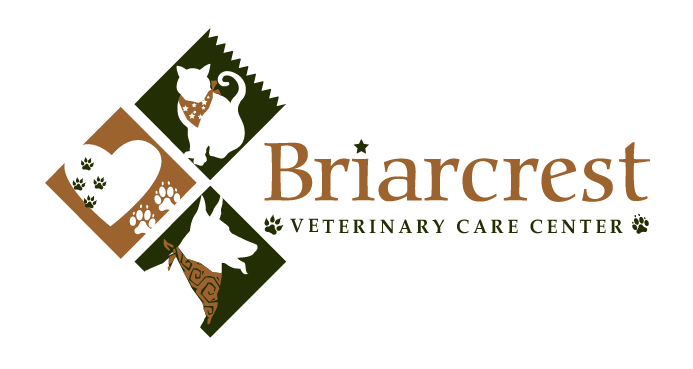Library
-
While a favorite healthy snack for people, grapes, raisins, and currants can cause kidney failure in dogs. Fortunately, dogs who receive prompt decontamination and treatment prior to symptoms developing are more likely to have a good prognosis following exposure.
-
Guinea pigs can be hardy and easy to care for when provided an appropriate environment for their unique needs. Like all animals, guinea pigs are susceptible to certain problems and diseases. This handout outlines the diagnosis, treatment, and prognosis for some of the more common health problems of guinea pigs.
-
Rodents commonly develop certain health problems, including rabies (unlikely in pet rodents housed inside), hair barbering, foot necrosis, vitamin C deficiency, heat stroke, antibiotic toxicity, chromodacryorrhea, diarrhea, bone fractures, bacterial skin infections (dermatitis), and seizures.
-
Heatstroke is another term for hyperthermia. Dogs suffering from heatstroke can have varied signs, from high respiratory rate to coma, depending on their temperature. Prognosis depends on the extent and duration of temperature elevation. Some dogs recover normally, but more severe cases will have permanent organ damage or may die from hyperthermia.
-
Urticaria, or hives, is a skin condition characterized by raised red skin welts caused by direct contact with a substance that causes an allergic reaction. These substances include insect bites, food, pollens, molds, vaccinations, and medications. If the swelling progresses to the throat, breathing can be compromised and result in a medical emergency called anaphylaxis. Injectable antihistamines and corticosteroids usually bring about a dramatic improvement, sometimes in as little as a few minutes.
-
There are many potential hazards that pets face during the holidays. With common sense and planning, exposure to these hazards can be avoided, preventing injury or illness. Hazards include tinsel, electrical cords, string from meat, ribbons, Christmas tree water, holiday plants, and food such as chocolate. Some cats do better if given a safe space to stay, away from company, and may require calming remedies to help minimize anxiety and stress during the holidays.
-
There are many potential hazards that pets face during the holidays. With common sense and planning, exposure to these hazards can be avoided, preventing injury or illness. Hazards include tinsel, electrical cords, string from meat, ribbons, Christmas tree water, holiday plants, and foods such as chocolate and bread dough. Some dogs do better if given a safe space to stay, away from company, and may require calming remedies to help minimize anxiety and stress during the holidays.
-
Cats, with their curious nature, may fall victim to poisoning within the home. Cats’ small size, lack of ability to metabolize certain drugs, and their tendency to hide symptoms when ill, make their poisoning less obvious compared to dogs and may also delay treatment.
-
If your pet had an emergency crisis, how would you manage it? Ask your veterinary hospital how they handle after-hour emergencies. Use this handout to help you plan ahead and be prepared in the event of a pet health emergency.
-
Hypokalemia is a term that refers to a low blood concentration of potassium. Potassium is an important electrolyte within the body and is vital for the normal function of muscles and nerves. Mild to moderate hypokalemia often does not cause clinical sigs, but severe hypokalemia can result in generalized muscle weakness, lack of appetite, and some dogs may become constipated. The underlying cause of hypokalemia is often chronic kidney failure. Hypokalemia and its associated clinical signs may be quickly corrected by potassium supplementation. Depending on the cause, it may be necessary to continue supplementing potassium permanently.


